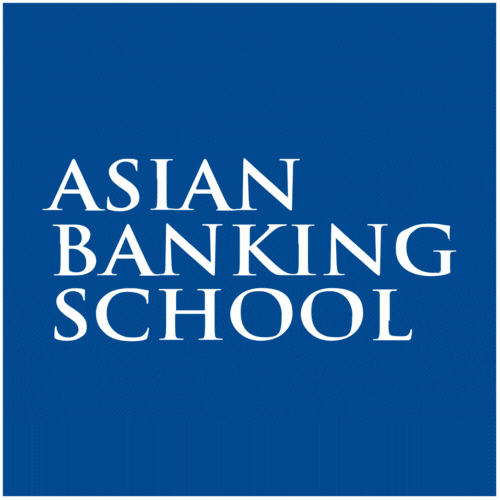Cheah Wee Leong has more than 25 years’ experience working in the banking industry with local and foreign banks in various roles and capacities. A seasoned professional, Wee Leong brings with him broad experience as a former banker and management consultant.
Wee Leong started his career at Citibank in 1993 before joining US management consultancy firm Accenture in 1997. At Accenture, he was involved in managing large bank merger-integration, process re-engineering and transformation projects. He has worked in projects in various countries including Hong Kong, China, Singapore, Indonesia, Thailand, Mauritius and Saudi Arabia.
In 2003, Wee Leong joined CIMB as its Head of Operational Risk Management and led the implementation of the bank’s operational risk management and Basel 2 – Operational Risk framework. Subsequently, he assumed various senior roles in Trade Finance, Regional Transaction Banking, Corporate Banking, Treasury and Markets division and Group CEO office at CIMB. His last role at CIMB was as Director, Group Strategy.
Wee Leong holds a Bachelor of Business Administration from the USA and a Master of Business Administration (with Distinction) from the Anglia Ruskin University, UK. He obtained training from Citibank Asia Pacific Banking Institute in Singapore in 1995. He is a certified Chartered Banker, Certified Expert in ESG and Impact Investing (awarded by Frankfurt School of Finance and Management), and a holder of the “Certificate in Climate Risk” and “Certificate in Digital & AI Evolution in Banking” (awarded by Chartered Body Alliance, UK) and PRINCE2 Foundation and Practitioner Certificate in Project Management.
Wee Leong completed the “Leading the Sustainability in Transformation in Banking” programme with the Frankfurt School of Finance and Management (Germany) in October, 2022 and the “Global Shifts and Risk for Banking Leaders” at Said Business School, University of Oxford (UK) in September, 2024. Wee Leong completed the “Creating Value with AI & Data for Banking and Finance Leaders” with the Essec Business School in Paris in July, 2025.

